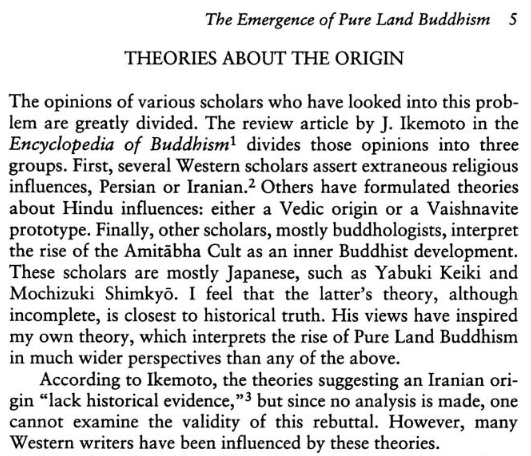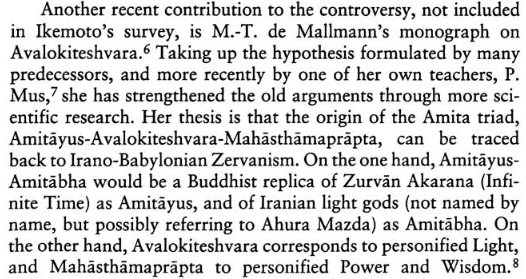I quite liked Annabel Crabb's article on the Voice, as it does explain the difference with the 1967 referendum, and pretty much acknowledges that it's legitimate that the public is confused about the new referendum.
I see on the increasingly trashy X (my God, I'm getting a lot of Right wing, MAGA guff thrown at me now, but the clear successor to it is still not apparent) that the Lefty pro-Voice folk whose tweets make it through to me are very impressed with the new advertisement featuring John Farnham's song and think it might just turn things around for them. I'm way less convinced - I thought the ad featured some odd acting by the (I think) key male actor, who seems to stare in puzzlement at the TV while it features some key pro-aboriginal moments in history. I would have to watch it again to fully understand the narrative it's trying to show in that actor.
Personally, I'm still conflicted about it all.
On the one hand, I don't want to be on the side of Peter Dutton and the cynical No case which is playing this for party political advantage. I also don't want to be seen as on the Lidia Thorpe radical side against it.
On the other hand, I am very cynical about many of the presumptions of the Yes case - primarily, that governments have not been listening for the last several decades to the myriad of aboriginal organisations; and that adding another layer of bureaucracy in terms of who the government needs to listen to is likely to achieve any significant change. (It will, to be very cynical, probably increase the income of a class of aboriginal activist who are already firmly entrenched in the roles of advice to government.)
Then there is "the vibe" - the Yes case is nominally painted as a racially unifying act, but the general "vibe" of aboriginal activism over the last 30 years seems to me to be moving in the opposite direction. It has included attempts at rehabilitating (really, romanticising) the pre-colonial lifestyle and conditions; increasingly common power flexes over matters such as access to national parks because of claims of sacred or special status (including over sites never previously the subject of such talk); increasing and sometimes opportunistic claims to aboriginality by persons with either little (or no provable) actual evidence of aboriginal ancestry; and (if you believe the signs held by young activists at any rally) a denial of the very legitimacy of the Australian government and land ownership in toto (it's "unceded land", after all.) Similarly, the "welcome to country" fits right into a view that it's not really the land of everyone, but somehow still theirs.
I reckon the general trajectory of aboriginal activism has moved away from something like a late 1960's multicultural view of everyone working together co-operatively, with opportunity being open to all, to an increasingly divisive attitude centred on a type of identity politics that concentrates on grievance rather than opportunity.
As I have said before, Noel Pearson used to be an activist who leant towards the "must take responsibility for our advancement" attitude, and he occasionally still makes some noises along those lines, but I think it fair to say that such a conservative-ish attitude is far in the minority.
To flip back again - to complain about the general attitude - the "vibe" - of recent decades of indigenous advocacy is not to deny that historical institutional racism casts a very, very long shadow, and deserves forms of compensation and assistance to those who are economically disadvantaged from it.
But I don't see that this means we have to pretend that all claims are true or useful: I'm not of a postmodern view that terms are open to a change of meaning at a whim, such as I complained about in my recent post about the Dark Emu agenda. And I do think that academia has played a gullible and often unhelpful role in this game of grievance amplification.
So, I don't know what to do.
If I vote yes, it will be in the expectation that it will further entrench the inherent conflicts across indigenous advocacy, and result in a likely greater waste of money than under the present system, and be taken as a general support for a trajectory in advocacy that I do not support.
If I vote no, it may be taken as support of the radicals who I really do not want to support.
I think just leaving the ballot blank is an option, but that feels a bit too much like sitting on the fence, too.
Suggestions, anyone?
Update: Noel Pearson is now arguing that if the Voice is established it would mean:
... Aboriginal and Torres Strait Islanders would no longer
be able to say, “it’s the government’s fault” for failing to improve
educational outcomes, as well as housing and health policies for remote
communities.
But how does that make sense when the government is not bound to follow the advice of the body, and (as I have said from the start), what is bound to happen is that on the most contentious issues, the Voice will make a recommendation and there will immediately be dispute about whether it is the right recommendation from within aboriginal activism.
I mean, I can give credit for Pearson still pushing a line that it's important for the indigenous to take responsibility for some of the problems that befall them, but there is just no reason to believe the argument that the Voice is a way to end "blame the government".

























